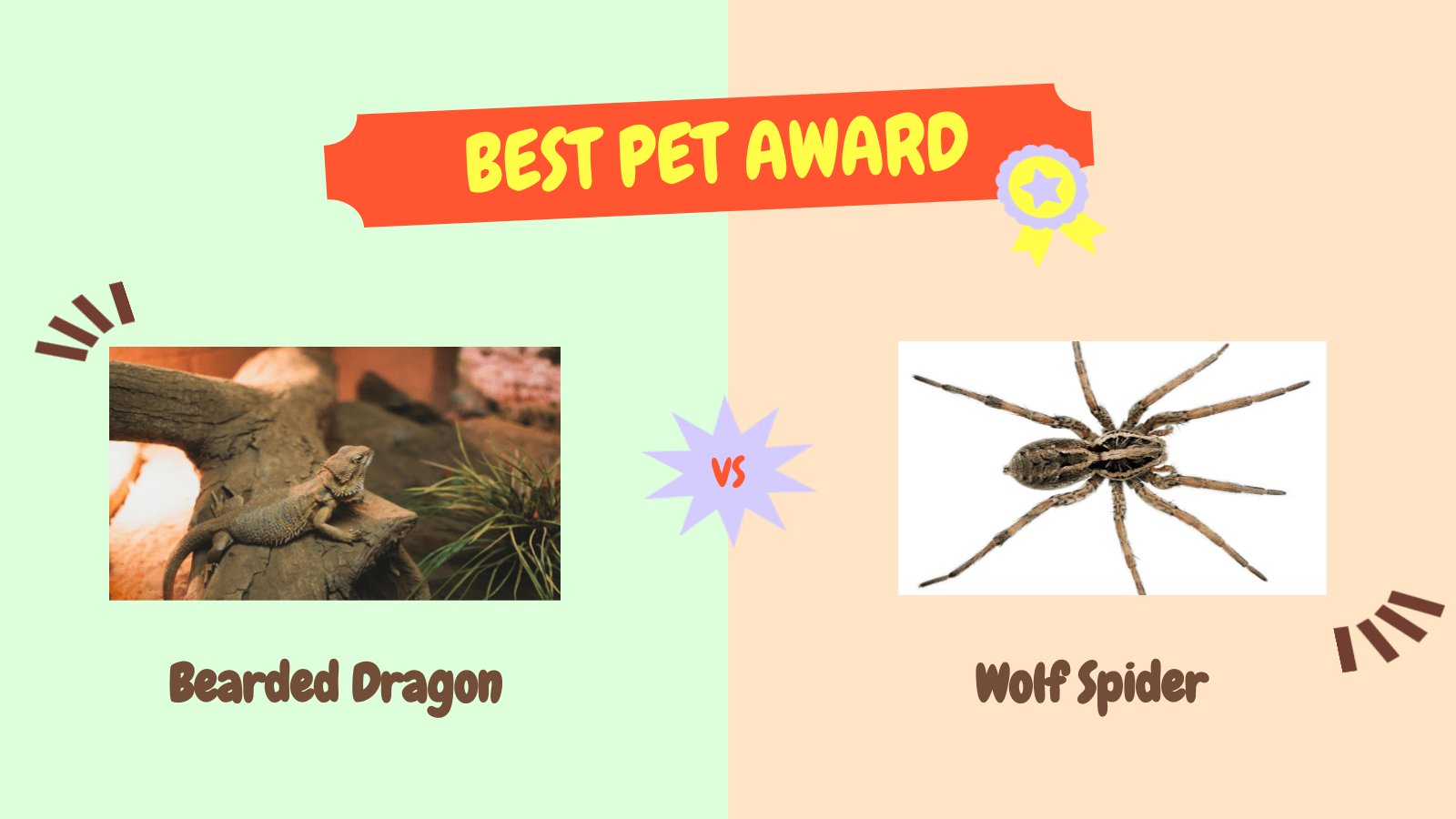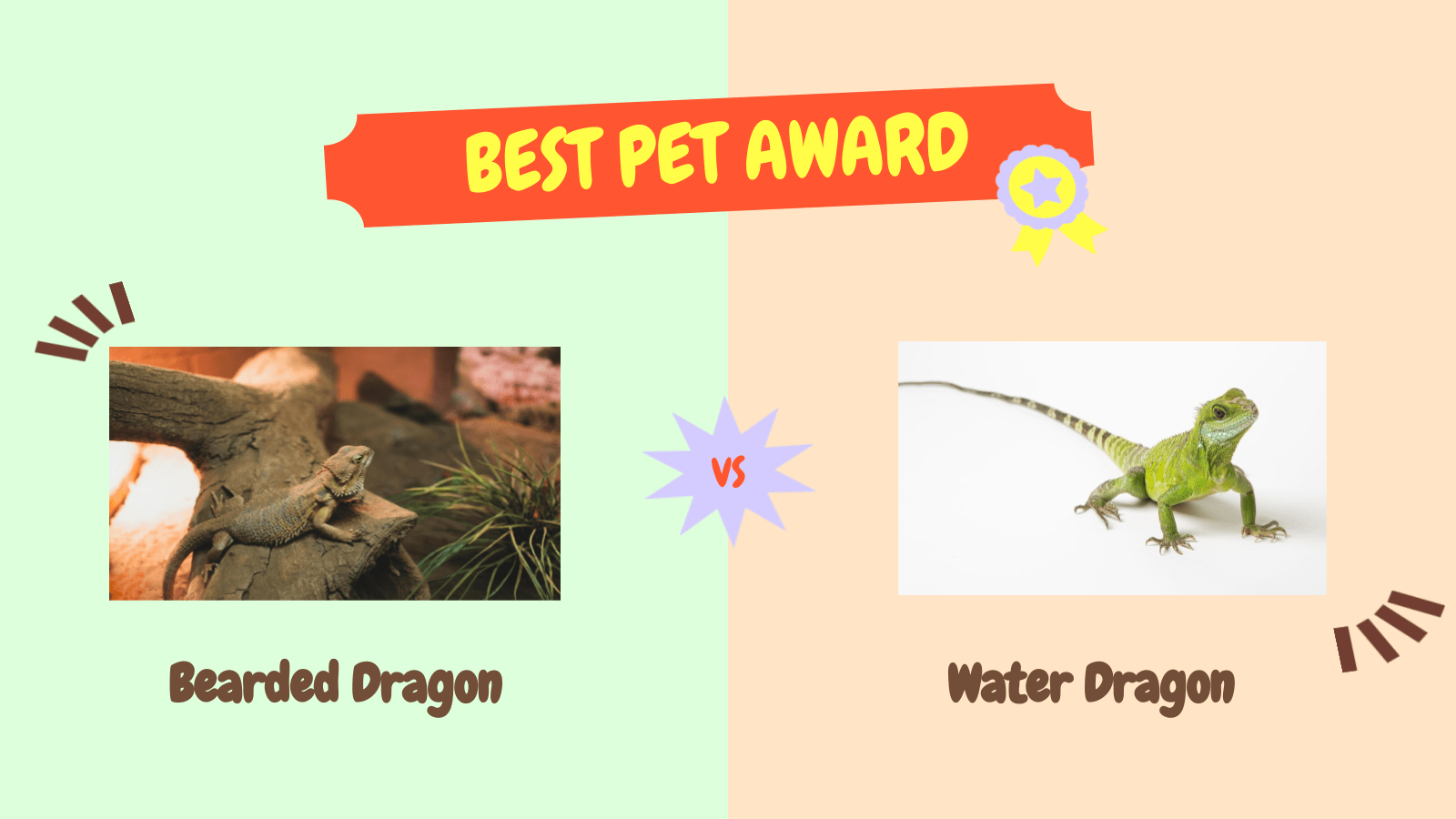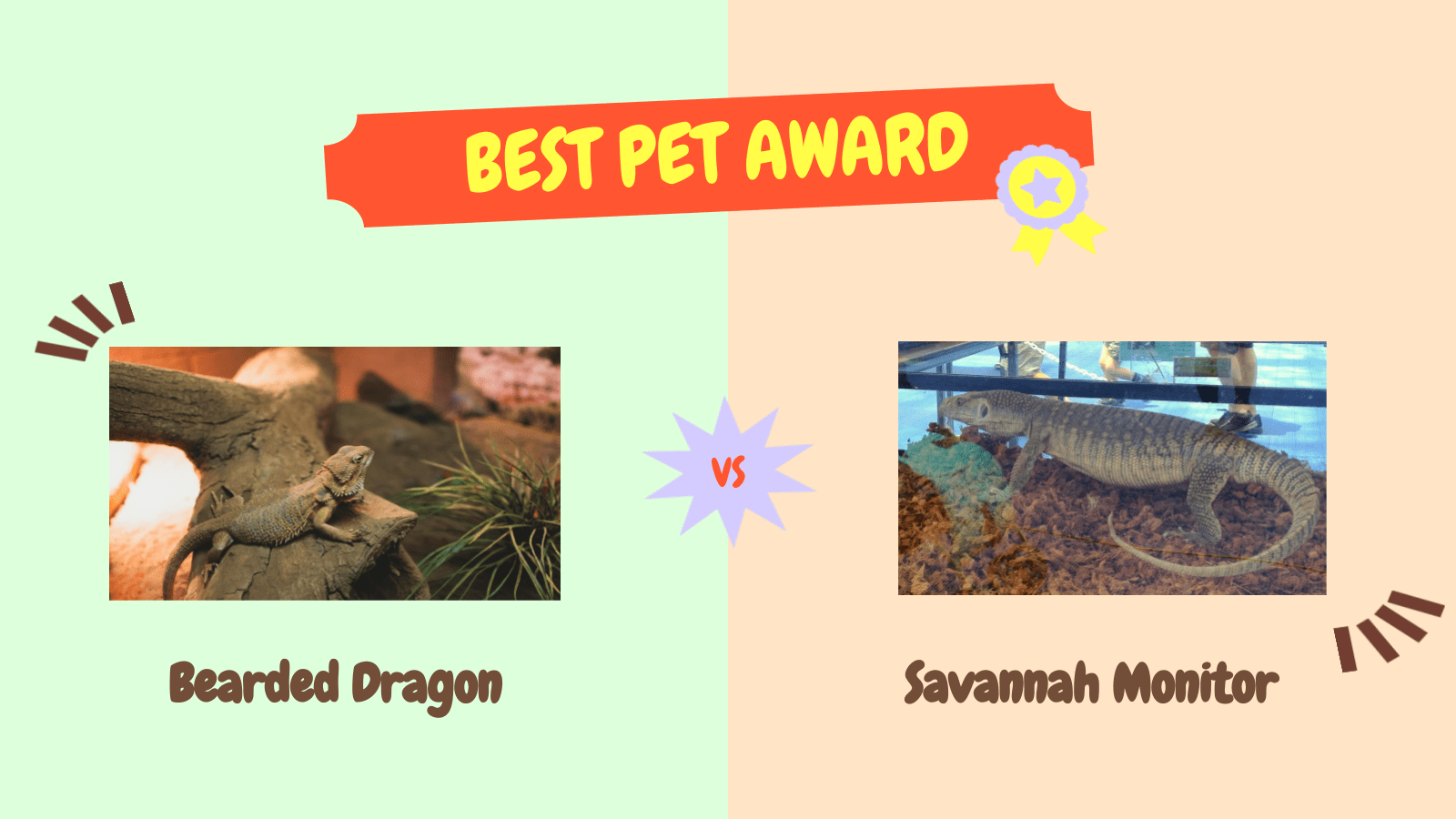Keeping a bearded dragon as a pet can be an exciting experience. They’re unique, gentle, and exhibit intriguing behaviors. Have you noticed your bearded dragon winking one eye often? You’re probably wondering why.
It’s common among bearded dragon owners to see their pets displaying this behavior. Unveiling the reasons behind it can better ensure your bearded dragon’s health and comfort. Let’s delve into the mystery of the one-eyed wink.
5 Occurrences That May Cause Your Bearded Dragon to Wink One Eye
- Presence of Foreign Materials in Eye
As a Bearded Dragon owner, you may notice your pet winking due to an irritant such as dust or substrate particles in their eye. This is a natural response in an attempt to dislodge the material. - Shedding Process
Your Bearded Dragon may wink one eye during the shedding process. This is a common behavior as they try to loosen and remove the skin around their eye area. - Eye Infections
Eye infections can also result in your Bearded Dragon winking one eye. If you notice persistent winking, be sure to check for any signs of infection like redness or discharge. - Parasitic Infestations
Parasites can cause your Bearded Dragon discomfort, leading to one-eye winking. Look for other signs of infestations such as changes in appetite or behavior. - Impacted Tear Ducts
Impacted tear ducts can cause your Bearded Dragon to wink one eye. If this is the case, they’ll likely need medical intervention to clear the obstruction.
How to Address Your Bearded Dragon’s Winking Behavior
You’ve noticed your bearded dragon winking one eye and now you’re wondering, what next? First, stay calm. It’s essential to monitor your pet closely for any additional signs of distress or discomfort.
If your bearded dragon is winking frequently, it might be trying to clear an irritant from its eye. An occasional warm bath or a gentle misting could help.
Sometimes, dietary changes can address winking issues. If you’ve been offering a diet low in vitamin A, consider adding foods rich in this vitamin, like sweet potatoes or kale.
However, if the winking persists or if additional symptoms appear, it’s time to consult with a reptile vet. They are best equipped to identify and treat potential health issues. Never ignore persistent abnormal behavior; your pet’s health may depend on it.
In all cases, remember: your actions can make a world of difference for your bearded dragon’s well-being.
To further extend your knowledge about bearded dragons, here are a few more to explore:
- Why Does a Bearded Dragon Have a Third Eye?
- Why Do Bearded Dragons Puff Out Their Beards?
- Why Hasn’t My Bearded Dragon Pooped in a While?
Each post offers in-depth insights, giving you all the details you need to take good care of your beardie.
Remember to research and prepare for your pet’s specific needs, and you’ll have a happy and healthy companion for years to come.
Happy pet-keeping!


